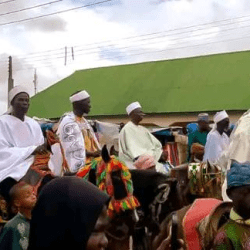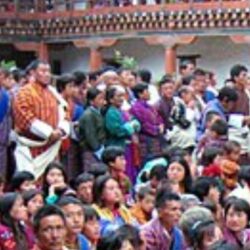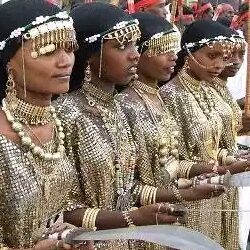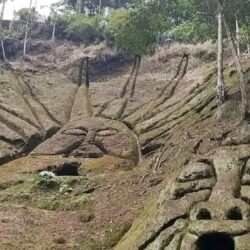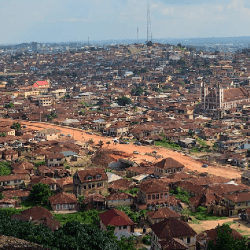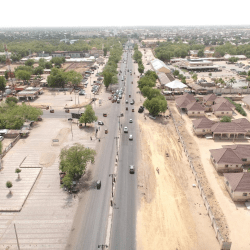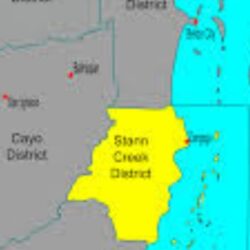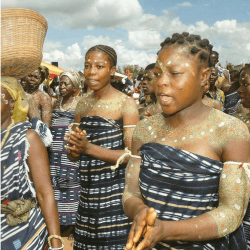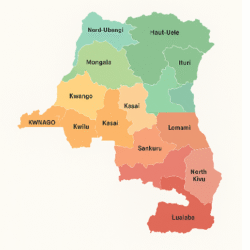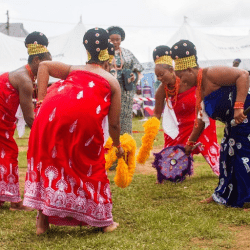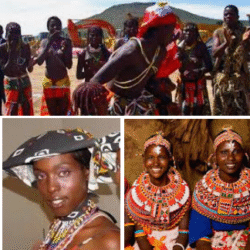The Fulbe people, often called Fula, Fulani, Peulh, or Falata by outsiders, are one of Africa’s most widespread ethnic groups, known for their rich cultural heritage, nomadic lifestyle, and significant historical influence. In this article, we will explore their origins, history, language, cultural traditions, and modern identity, highlighting the distinctions between their self-identified name and the various exonyms attributed to them.
Who Are the Fulbe?
The Fulbe (plural) or Pullo/Fullo (singular) are an ethnic group primarily found across West and Central Africa. They are renowned for their pastoralist heritage, with many still practicing a nomadic lifestyle. The Fulbe people speak Fulfulde, a language belonging to the West Atlantic branch of the Niger-Congo language family.
Although they refer to themselves as Fulbe, different ethnic groups have given them various names:
- Fula (by Bambara/Wangara)
- Fulani (by the Hausa)
- Peulh (by the French, Wolof, and Tuareg)
- Falata or Fullata (by the Kanuri)
- Pulaar (by the Amazigh/Imajoghen)
Despite these external labels, the Fulbe identity remains strong, deeply rooted in their language, traditions, and shared history.
🌍 The Origins of the Fulbe People
Theories on the Origins of the Fulbe
There are multiple theories about the origins of the Fulbe people. Some suggest they originated from North Africa or the Middle East, while others argue that they are indigenous to West Africa, particularly the Senegambia region.
Early Migration Patterns
The Fulbe were historically nomadic cattle herders, gradually migrating across the Sahel region. Over time, they spread from Senegal, Guinea, and Mali to Nigeria, Cameroon, Chad, and Sudan, establishing communities along their migration routes.
🔤 Fulfulde: The Language of the Fulbe
The Fulfulde language is spoken across multiple African countries, with several regional dialects:
- Pulaar (Senegal, Gambia, Guinea)
- Fulfulde Maasina (Mali, Burkina Faso)
- Fulfulde Adamawa (Nigeria, Cameroon)
- Fulfulde Borgu (Benin, Togo)
- Fulfulde Sokoto (Nigeria, Niger)
Despite variations in pronunciation and vocabulary, Fulfulde remains a unifying linguistic identity for the Fulbe people.
🏕️ Traditional Lifestyle: Nomadic and Settled Fulbe
Historically, the Fulbe are known for their nomadic cattle herding, but some groups have transitioned into agriculture and urban life.
- Nomadic Fulbe: Move seasonally in search of grazing lands for their cattle.
- Settled Fulbe: Engage in farming, trading, and administration, particularly in Nigeria, Mali, and Guinea.
🎭 Culture and Traditions of the Fulbe
The Fulbe maintain rich cultural traditions, including:
- Clothing: The men wear embroidered robes, while women wear colorful fabrics and silver jewelry.
- Music & Dance: Traditional instruments like the hoddu (lute) and riti (violin) accompany Fulbe songs.
- Oral Traditions: History and knowledge are passed down through poetry and storytelling.
🕌 Religion and Spirituality
The Fulbe were historically animists but began converting to Islam around the 11th century. Today, the majority of Fulbe people are Muslim, with some playing key roles in spreading Islam in West Africa, such as Usman dan Fodio, who led the Sokoto Jihad.
⚖️ Social Structure: The Clan System
The Fulbe have a complex clan system, traditionally led by an Ardo (chief). Some major Fulbe clans include:
- Sullubawa
- Torodbe
- Yirlaabe
- Jaawambe
These clans often specialize in different occupations, from herding to Islamic scholarship.
🌍 The Fulbe Across Africa
The Fulbe are found in over 20 African countries, with significant populations in:
- Nigeria – The largest Fulbe population
- Guinea – A political and cultural stronghold
- Mali, Senegal, Cameroon, Chad, Niger – Historic Fulbe regions
🏙️ Challenges in the Modern Era
Despite their rich heritage, the Fulbe people face various challenges, including:
- Conflicts with farmers over grazing land
- Political marginalization in some countries
- Displacement due to climate change and desertification
However, efforts are being made to preserve Fulfulde and support Fulbe cultural identity through education and activism.

